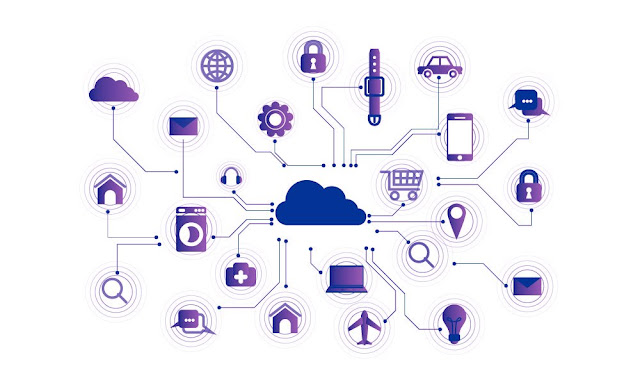The front-end ecosystem is continually changing. New tools are being released on a daily basis and it has become more difficult for business owners to choose the right framework and Libraries.
Now we have observed that Angular is the default choice for business owners who want to take their business on the line when it comes to the front-end development.
However, there is another popular front-end framework for the development called React JS.
What is React.JS
React JS is basically a Facebook-built, JavaScript library. React is the powerful, declared and versatile open-source framework for JavaScript to create quick, fast and scalable front-end mobile applications
Benefits of React. Js
1.Speed
The React allows mobile app developers to use each part of their application on either the client or the server-side, which improves development speed in the end.
Simply put, many developers can write individual pieces and no changes will affect the application's logic
2.Flexibility
React.Js code is easier to maintain and scalable because of its modular nature in contrast to other front-end development frameworks. In addition, this flexibility saves organizations considerable time and costs.
3.Performance
React JS has been developed to offer high performance. The core of this framework offers a virtual DOM system and server-side rendering, allowing complex applications to run very fast.
4.Usability
React deployment is quite simple if you have some basic JavaScript knowledge.
Yes, in a matter of a day or so an experienced JavaScript developer can easily find anything inside and outside of the React. Js Development Framework.
Why React.Js is the Best Framework
1.Easy to Learn
Reacting is much easier to learn than with other common front frameworks such as Angular & Vue.
Obviously, this is one of the main reasons why React got so much strength in a short time. It helps companies to build projects quickly.
You see, the more difficult it is to learn a certain technology or system, the longer it takes to begin the process. And we, as human beings, also resist hard-to-learn things.
Although, since React is simple and easy-to-learn, businesses and big brands are more likely to use it.
2.uplifts developers’ productivity
If an app has a complex structure and many changes are a headache to the app developers and if only one single change in a component will affect other components drastically.
But Facebook develops the React.Js with the reusability feature to combat this problem.
React components effectively enables mobile app developers to redeploy the same digital objects.
3.Fast rendering
When designing a complex, high-load app, you need to identify your app's structure at the beginning as it may affect your app's efficiency.
The DOM model is tree-structured in simple words. A slight change on a higher level can have a terrible impact on an application's user interface. Facebook has a virtual DOM feature in order to resolve this.
As the name suggests, Virtual DOM is a DOM virtual display that allows the analysis of all virtual DOM changes to first measure the risk with each modification.
This means that high-performance apps are maintained and better user experience is ensured.
Conclusion
We hope you now understand why React.Js is a more trustworthy front-end Framework. So what are you still expecting? Start Today hiring a React.js Development Company. So keep in mind, you need to hire the best React JS development company to build a good React JS app.
We Fusion Informatics is the Top Mobile App Development Company and offering services on mobile app development, blockchain development, AI Development and etc. Hire our team as your app development partner. We will build apps as per your business requirements and our apps will help to enhance your business sales and profits.
For More Locations













